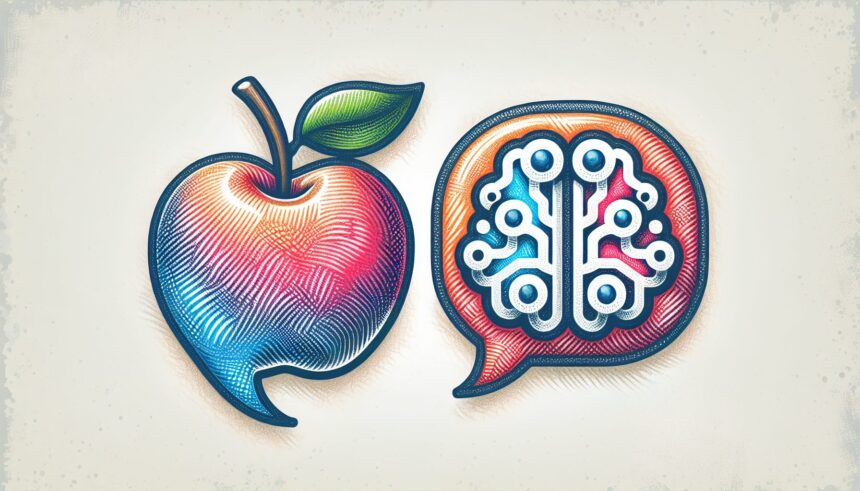Apple is reportedly in discussions with Google to potentially make iPhones more like Android devices, specifically the Samsung Galaxy. This proposed shift is due to attempts to integrate Google’s AI software, Gemini, into the iPhone’s interface. If successful, the user experience could alter significantly, allowing features and applications previously inaccessible to iPhone users to be available. The move could expand Apple’s consumer base.
The shift in strategy is significant, even though the talks may not result in any concrete outcomes. Negotiations indicate a significant departure from Apple’s traditional approach and hint at a potential future of collaboration within the tech industry. The move is geared toward enhancing the user experience while also potentially expanding Apple’s market reach.
Apple is rumored to be negotiating with OpenAI to adopt their AI model, in a bid to stay competitive in the AI sector. By adopting this model, Apple could potentially improve Siri’s conversational abilities and real-time learning. Details are not yet disclosed; however, insiders suggest the discussions aim to enhance Siri’s current capabilities for improved and realistic user interactions.
Future iOS 18 updates will reportedly focus on improving device-centric AI solutions. Extensive testing and evaluation of on-device large language models against that of OpenAI’s are in the works. The aim is to equip iOS devices with superior, localized AI performance, potentially challenging existing competition in the AI sector.
Speculations abound about Apple’s negotiations with Google and OpenAI. The discussions could reveal that Apple’s AI progress might not be as advanced as previously thought or that on-device AI has inherent limitations when compared to cloud-based AI capabilities. The iPhone manufacturer is reportedly considering splitting AI services, with on-device functionality dedicated to privacy-focused features, while more complex tasks would be managed in the cloud.
Similar to Samsung’s approach with the Galaxy AI, Apple may combine device-cloud AI capabilities. This would allow the company to maintain user privacy while still providing efficient AI services. By doing so, it could provoke tighter competition within the AI smartphone market, making it more of a battleground.
The key challenge for Apple lies in navigating the balance between user privacy and AI advancements. As both tech giants continue to refine their strategies, it could spur the technological tension between Android and iPhone platforms. However, this competition might ironically create differentiation opportunities, especially in terms of innovation and user experience. These developments show not just the relentless drive for innovation but the importance of AI in consumers’ lives.
Harper Johnson
Source: Killerstartups.com


